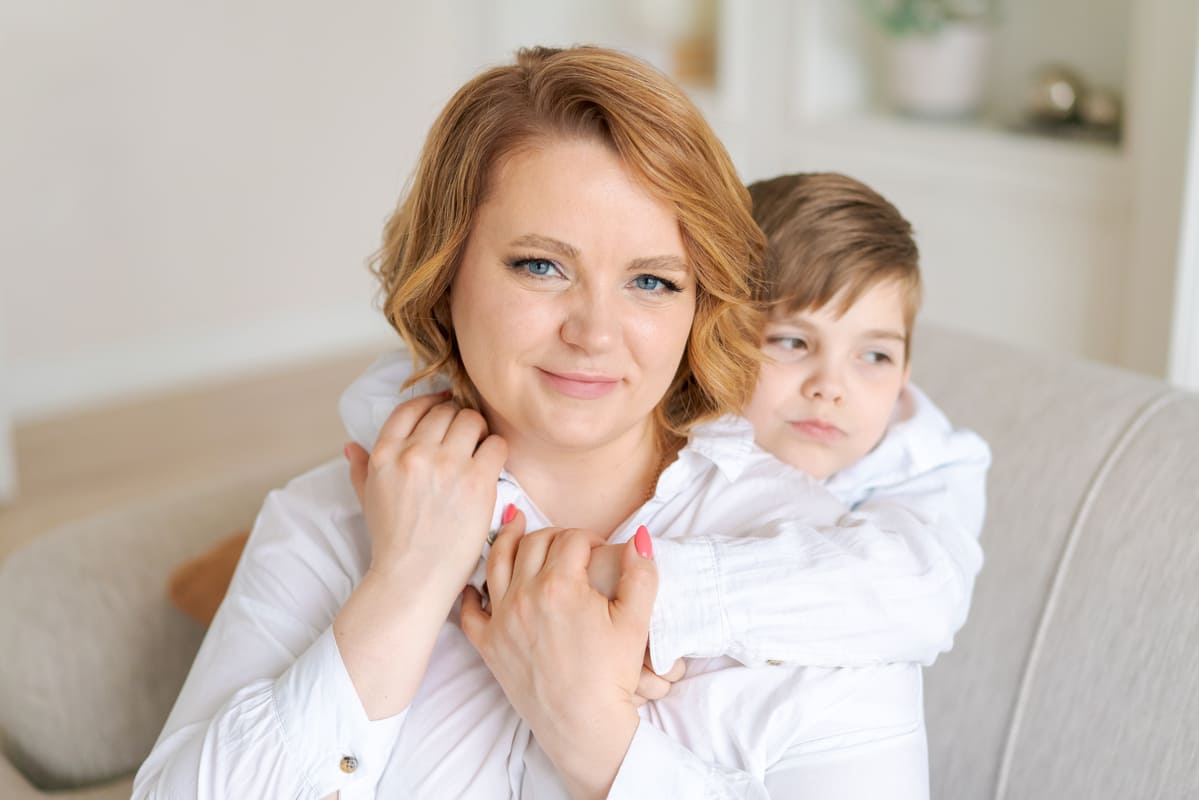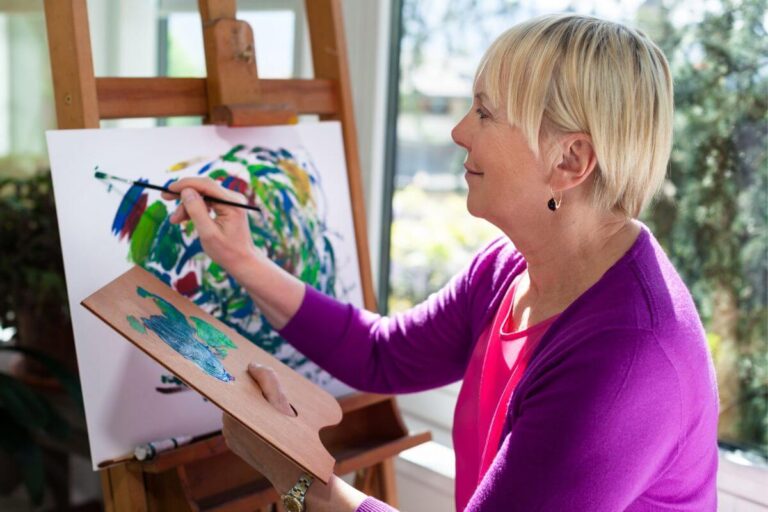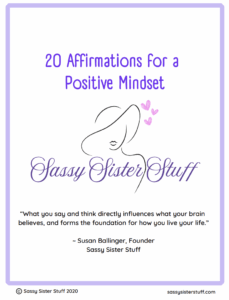15 Reasons Being an Older Parent Is More Challenging Than You Think and How to Handle Them
Being an older parent comes with its own unique set of challenges that many people don’t expect. You might think experience and stability would make things easier, but there are factors that can make parenting later in life more complicated than it seems.
You’ll face mental, physical, and social hurdles that aren’t always obvious upfront. These challenges can affect how you relate to your child and manage everyday parenting tasks, even if you feel prepared in other areas of life.
Lower energy levels make keeping up with kids tougher.
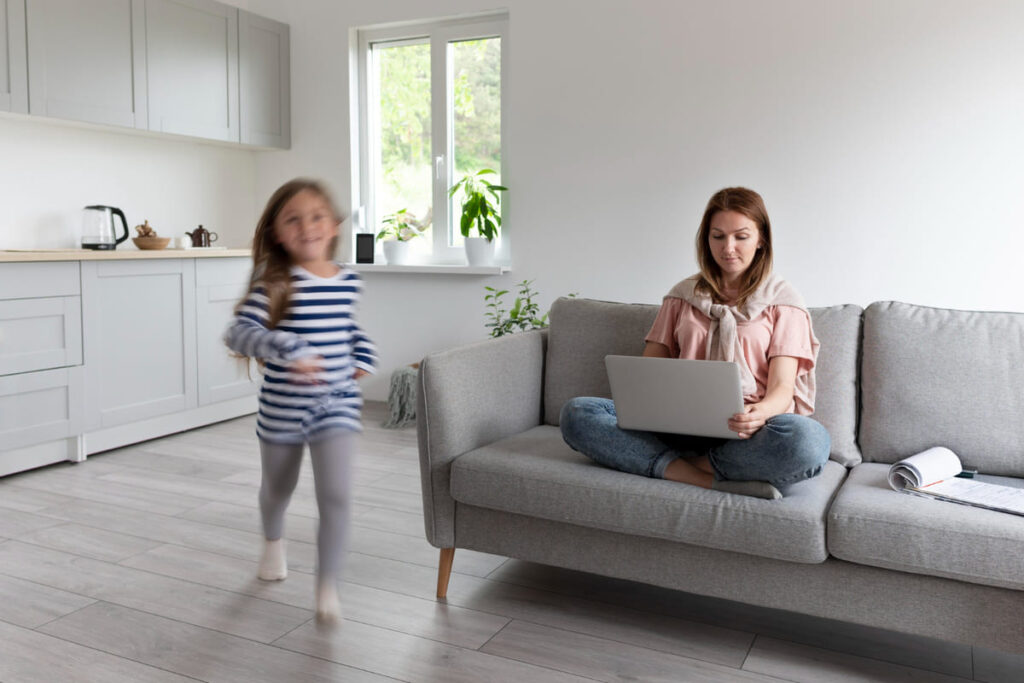
As you get older, you might notice your energy just isn’t what it used to be. When you were younger, it was easy to run around, play, and keep up with all the excitement. Now, you probably feel more tired after a busy day with your kids.
This drop in energy can make parenting feel harder. You may find yourself needing more rest or just struggling to stay as active. It’s normal to have less stamina than your children, who are full of boundless energy.
Keeping up with their constant activity can lead to physical and mental fatigue. You might find you need to slow down or take more breaks than before. That’s okay—it just means you have to be a little more intentional about pacing yourself.
At times, age-related health issues might also play a role in how much energy you have. Still, recognizing this change helps you find ways to manage your energy better and adjust to your kids’ lively pace.
More frequent need for naps during busy days

You might find yourself needing more naps on days when you’re especially active or stressed. Even if your day is packed, your body could still demand extra rest to recover.
Sometimes, pain or discomfort can make you want to nap longer or more often. It’s common to feel like a quick nap won’t cut it, especially if you’ve been dealing with aches or fatigue.
Napping isn’t just about catching up on sleep. It can be a way to manage your energy so you can stay productive through busy periods. But you might notice that naps become a regular requirement rather than an occasional break.
If you’re noticing that napping is taking up a lot of your day, it could be a sign your body needs more rest or is adjusting to changes in your sleep patterns. That’s pretty normal when you’re older, but it can make keeping up with parents or young kids harder than you expect.
Greater mental challenge balancing parenthood with established adult life
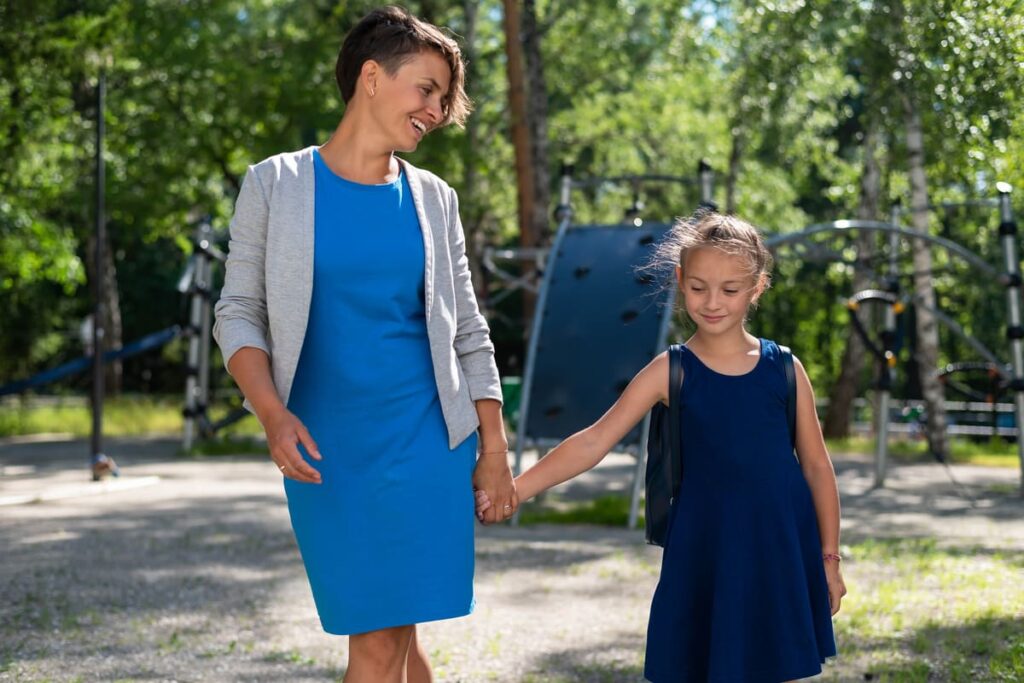
When you’re an older parent, you’ve already built a life with routines, responsibilities, and sometimes a steady career. Suddenly, adding the constant demands of raising a child means juggling two full plates at once. It’s mentally taxing to switch gears between grown-up obligations and the nonstop needs of a kid.
You might find it harder to carve out “me time” or relax because your schedule is fuller than it used to be. Managing your mental energy becomes crucial since the mental load of parenthood itself is heavy. This can feel like an invisible weight, especially if you are also balancing work, social relationships, or personal goals.
You’re likely more aware of the sacrifices involved, which makes staying on top of everything even more stressful. Unlike younger parents, you may have less flexibility in your lifestyle, making it tougher to adapt to the unpredictability of children’s needs. This balancing act takes patience and can wear on your mental well-being without regular self-care.

When you’re an older parent, it’s common to feel a bit out of sync at events with younger parents. You might notice that your interests or energy levels don’t match theirs. This can make socializing feel more tiring or less enjoyable.
Younger parents often bond over current trends or activities that don’t hold the same appeal for you. Sometimes, conversations focus on different life stages or challenges that seem distant from your experience.
Social gatherings rely a lot on shared rhythms and interactions. If you feel out of step with the group, it can lead to subtle feelings of isolation. That disconnect might make it harder to form close connections or feel fully included.
It’s normal to want to engage but find fewer common points. You might find yourself observing more than participating, which can increase feelings of being “different” in these settings. Recognizing this can help you approach gatherings with more realistic expectations and patience.
Worry about long-term health impacting parenting
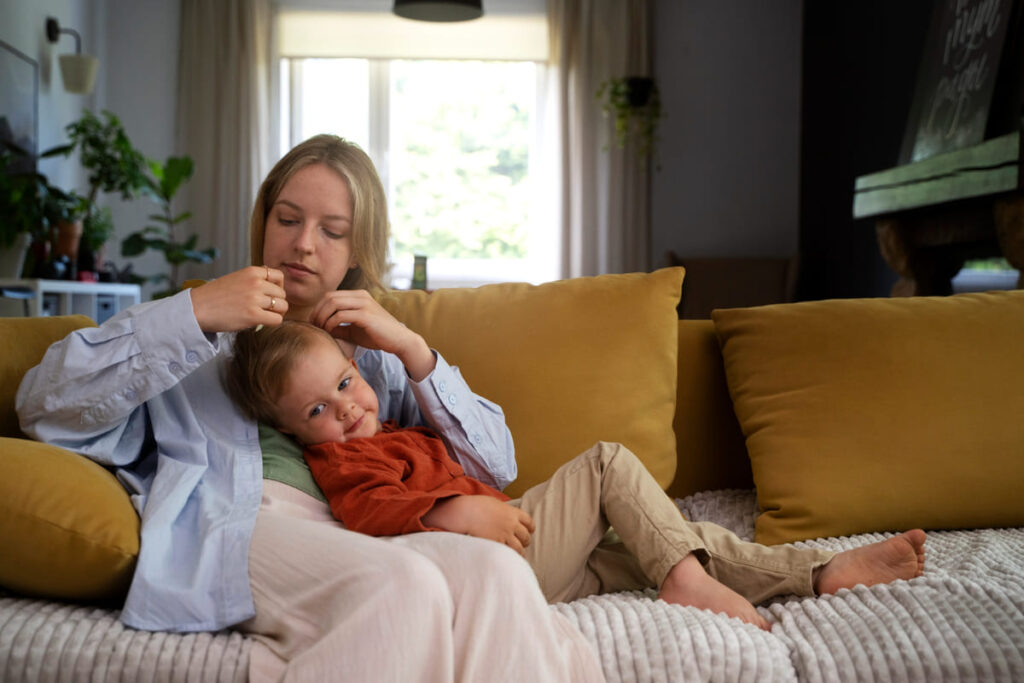
When you become a parent later in life, it’s natural to worry about how your health might change over the years. You might wonder if you’ll have the energy to keep up with your child as they grow or if chronic health issues could limit your ability to be fully present.
Thinking about the long-term can add stress. You may find yourself more conscious of your lifestyle choices, like eating well and staying active, just to keep pace with your little one. Sometimes, concerns about future illness can feel overwhelming.
On top of that, you might worry about who will care for your child if your health declines. This kind of stress is real, and it’s common among older parents. Being aware of these feelings can help you plan better and seek support when needed.
Ultimately, staying proactive about your health and building a support network can ease some of the worries that come with parenting later in life. You’re not alone in these concerns, and managing them well can make a difference.
Potential generational gap causing communication hiccups

When you’re an older parent, you might notice that your way of communicating feels a bit different from your child’s. You probably prefer face-to-face talks or phone calls, while your kid might be texting or using social media to stay in touch.
This difference can lead to misunderstandings. Texts and emojis don’t always carry tone or emotion the same way a voice or facial expression does. So, you might feel like they’re distant or not fully expressing themselves.
Also, your child growing up in a digital world means they naturally use shortcuts and slang that might seem confusing or off-putting to you. This can make conversations feel less connected or even frustrating at times.
You might have to learn their style a bit and encourage them to understand yours too. Finding a middle ground between traditional and digital communication can ease these hiccups. It’s all about patience and adapting on both sides to keep the conversation flowing.
Need to be extra vigilant about physical stamina and self-care
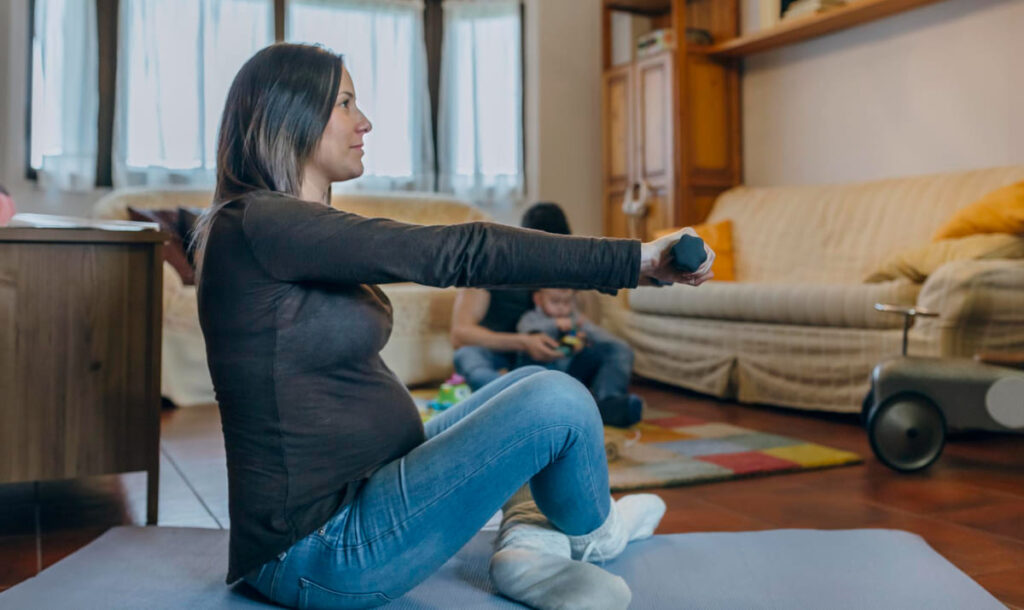
When you’re an older parent, your body might not bounce back as quickly as it once did. You need more energy to keep up with active kids, which means paying close attention to your physical stamina.
Getting enough sleep is crucial but can be tricky with parenting demands. Prioritizing restful sleep helps you stay sharp and manage daily stresses better.
Regular exercise and a healthy diet also play a big role. They keep your energy levels steady and improve your overall well-being.
Don’t forget mental health. Managing stress and taking breaks can prevent burnout. If things feel overwhelming, seeking professional support is a smart move.
Taking care of yourself isn’t just about feeling good—it helps you be there fully for your kids. Being mindful of stamina and self-care makes the challenges of older parenting easier to handle.
Higher chance of facing skepticism from others about parenting abilities
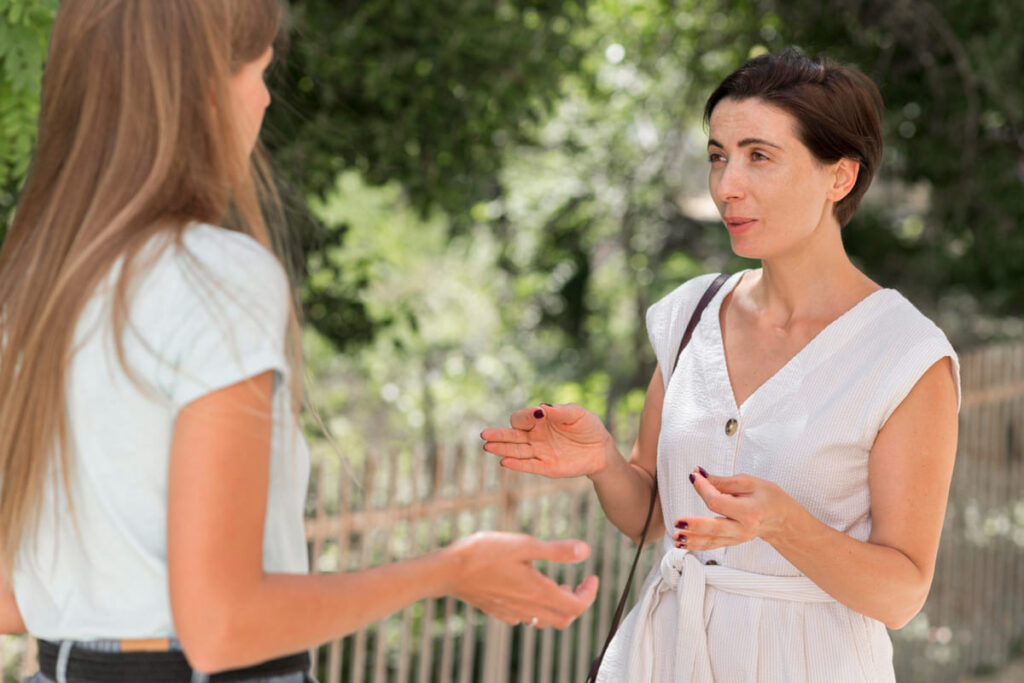
When you become a parent later in life, you might notice people questioning your energy levels or ability to keep up with your kids. Friends or family may wonder if you have what it takes to handle the demands of parenting, especially with younger kids who need constant attention.
Some people assume that being older automatically means you’re less involved or less capable as a parent. This skepticism can feel frustrating because it challenges your confidence even before you’ve had a chance to prove yourself.
You might also face doubts about how you’ll relate to your child or whether you can adapt to modern parenting styles. These doubts aren’t always fair, but they can come from outdated ideas about what good parenting looks like.
Dealing with these attitudes means you often have to work harder to show that you’re just as dedicated and connected with your child as any younger parent. It can be tiring, but being patient and confident in your role helps quiet the skepticism over time.
Juggling career demands while managing older-age parenthood stress

When you’re an older parent, balancing work and family can get tricky. Your career might be at a busy stage, and your parenting needs just don’t slow down. It’s easy to feel pulled in both directions.
You might find yourself handling early meetings or tight deadlines while also managing bedtime routines or unexpected school events. This constant switching can wear you out faster than you expect.
On top of that, the stress of parenting at an older age can feel heavier. You might notice your energy isn’t as high, making it tougher to keep up with both work and kids.
Sometimes, caregiving overlaps with other responsibilities, especially if you’re also supporting aging parents. Managing your job and family at once means your time is super limited.
It helps to set clear boundaries when you can. Saying no to extra work sometimes is okay. You need space to recharge, or else burnout can creep up without you realizing it.
Feeling isolated when peers are mostly child-free or have grown kids
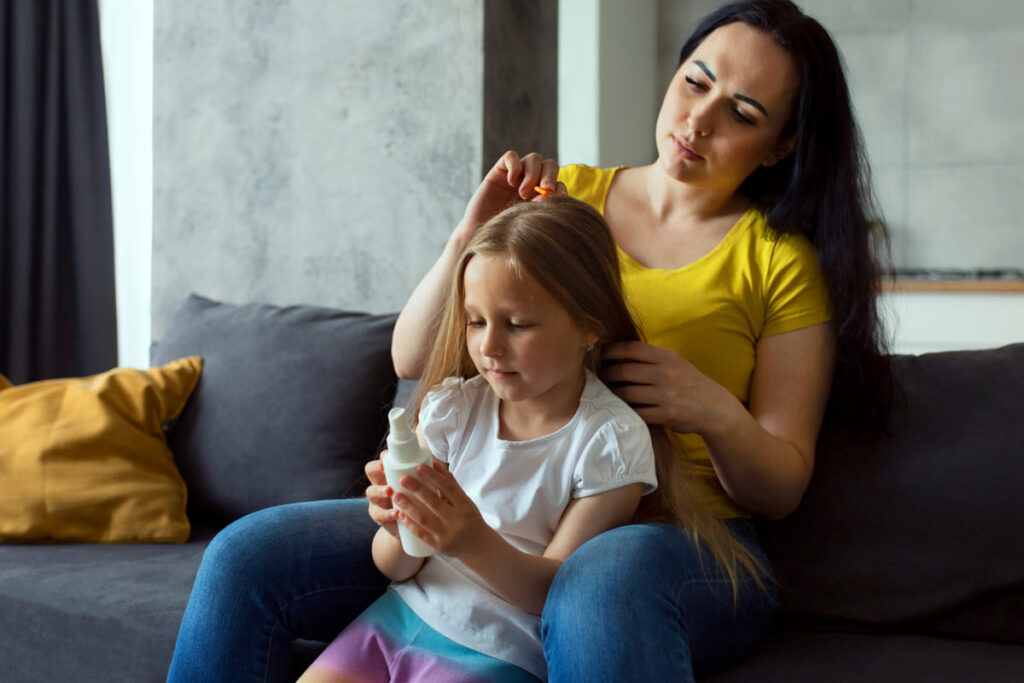
You might notice that many of your friends or peers don’t have young children anymore. Some may be child-free, while others have grown kids who don’t need as much attention. This can make it harder to connect over daily parenting challenges.
When your circle is mostly done with the hands-on part of parenting, you might feel a bit on your own. Conversations about baby milestones or late-night feedings can feel out of place. It’s normal to feel disconnected when your experiences don’t match those around you.
This gap can leave you feeling isolated, even when you’re surrounded by people. You might miss sharing parenting wins or venting about struggles with others who truly get it. Social interactions can seem less relevant to your current daily life.
Finding connections with other parents in similar stages, either locally or online, can help. It creates a space where your parenting experiences feel understood, reducing that sense of isolation. It’s okay to seek out new communities that fit where you are now.
Managing financial stability while preparing for both kids and retirement
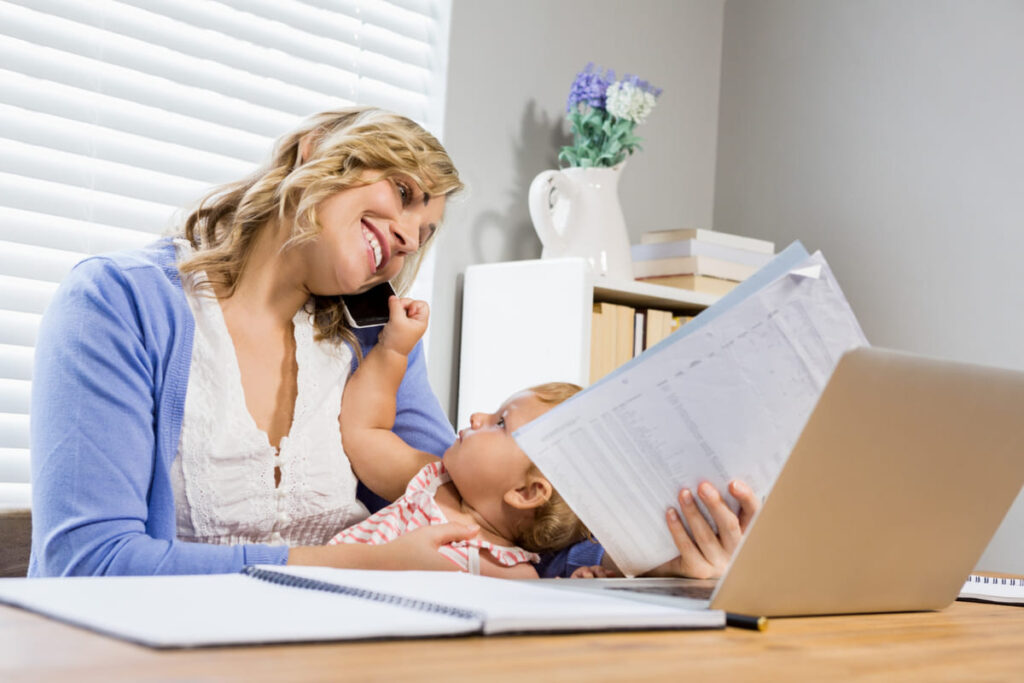
When you have kids later in life, juggling finances gets tricky. You’re not just budgeting for daily expenses but also thinking about long-term goals like college and retirement.
It’s important to build an emergency fund first. This helps you handle unexpected costs without derailing your savings plans. Using tax refunds or bonuses to boost this fund can make a big difference.
At the same time, you need to keep contributing to retirement accounts like a 401(k) or IRA. Automating these contributions can keep you on track, even when money feels tight.
Insurance is another piece to consider. Health, auto, and home insurance protect your family and savings from sudden financial hits.
Since both kids and retirement require substantial resources, you may need to adjust your budget often. Staying flexible helps you cover immediate needs while also preparing for the future.
Balancing these priorities takes planning. But with steady contributions and smart spending, you can create some financial stability despite the challenges.
Having less time and patience during busy parenting moments

When you’re an older parent, your energy levels might not be the same as they were in your 20s or 30s. You may find yourself feeling more tired during hectic times like homework or bedtime routines. This can make it harder to stay patient when things get stressful.
Your schedule is likely packed with more responsibilities, too. Between work, health appointments, and other adult commitments, finding long stretches of kid-focused time can be tricky. This means some parenting moments may feel rushed or overwhelming.
Patience might not come as easily, especially when you’re already drained. It’s normal to get frustrated more quickly or wish for a break. Taking short pauses, like a quick walk or deep breath, can help you reset and stay calmer during these busy moments.
Facing stereotypes about being ‘too old’ to be active with children
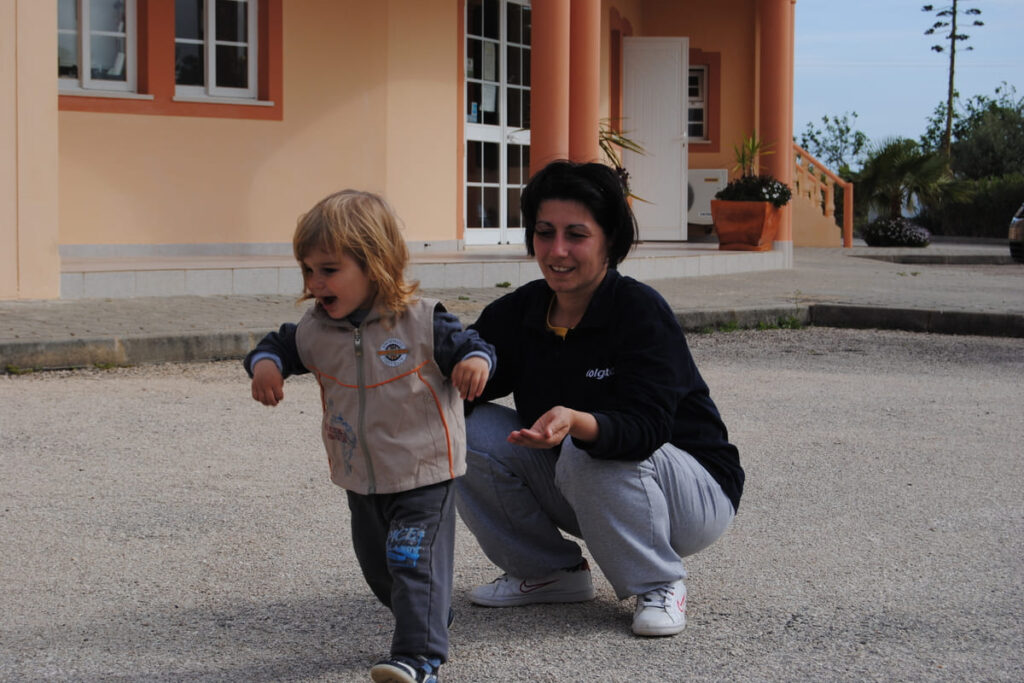
You might often hear people say you’re “too old” to keep up with your kids. These kinds of stereotypes assume older parents can’t be as energetic or involved in play and activities. That can feel frustrating, especially when you want to be fully present and active with your children.
People tend to underestimate what older parents can do. Sometimes, even family or friends might question your energy levels just because of your age. This can create unnecessary pressure or self-doubt, even though being older doesn’t automatically mean you’re less capable.
Stereotypes like these also affect how younger people view older adults in general. There’s a common belief that age limits physical activity, but that isn’t true for everyone. Many older parents stay very active and engaged in their kids’ lives, proving those assumptions wrong every day.
Remember, your age doesn’t define how great a parent you are or how involved you can be. Pushing back against these outdated ideas means you can set an example for both your kids and others on what active parenting really looks like.
Greater concern about leaving a legacy and planning for the future

When you’re an older parent, you tend to think more about what you’ll leave behind. It’s not just about money or possessions anymore. You start focusing on the values, lessons, and memories you want your kids to carry forward.
You might find yourself wanting to pass down more than just stuff—like your beliefs, experiences, and the things that matter most to you. This can create extra pressure to figure out how to share those parts of yourself before you have less time.
Planning for the future can feel more urgent. You have to think about long-term care, wills, and how your kids will manage without you someday. It’s a lot to handle while also being present for your children now.
This focus on legacy can be both meaningful and stressful. It’s a constant balancing act between living in the moment and preparing for what comes after. You learn to juggle your hopes for the future with the realities of today.
Dealing with physical recovery from childbirth that may be slower
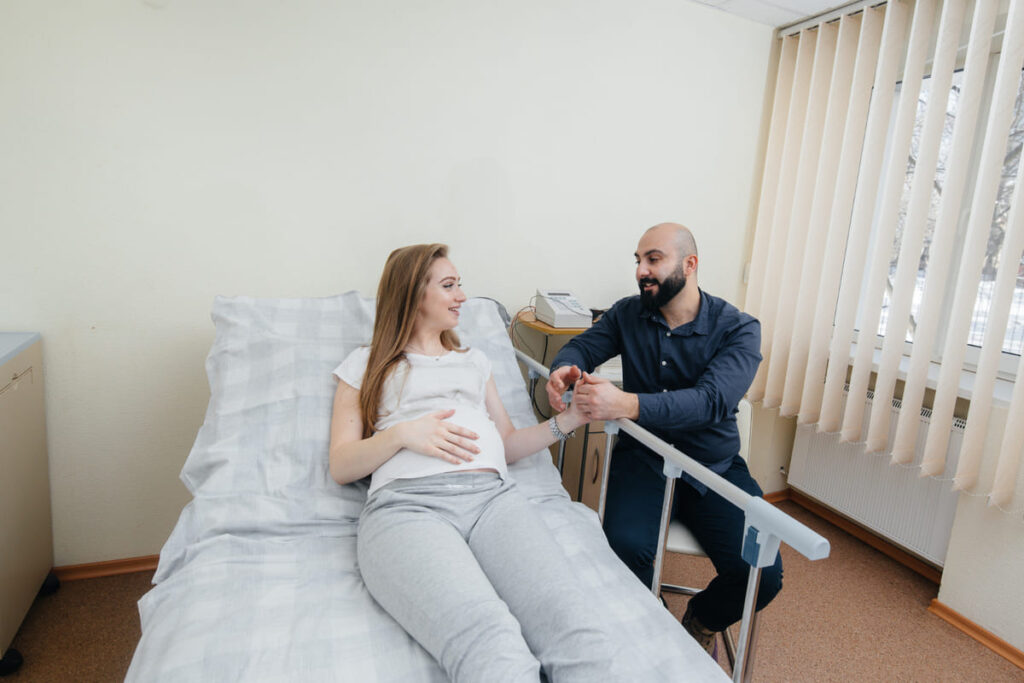
When you’re an older parent, your body might take a bit longer to bounce back after childbirth. Healing from tears, c-sections, or just general soreness could feel more intense or last longer than you expected.
Muscles like your pelvic floor can be weaker, especially after pregnancy and delivery. Doing Kegel exercises can help strengthen those muscles and improve bladder control, but it might take some patience.
You might notice more aches or joint stiffness too. Hormonal changes after birth can make your joints feel a little unstable or sore, especially if you’re on your feet a lot. Taking breaks and using ice packs can ease discomfort.
Sleep deprivation hits hard when you’re older, too, and that can slow recovery. Fatigue makes everything feel tougher, so make sure you get rest whenever you can.
Overall, listen to your body and give yourself permission to heal at your own pace. Don’t hesitate to ask for support if the physical side feels overwhelming.

